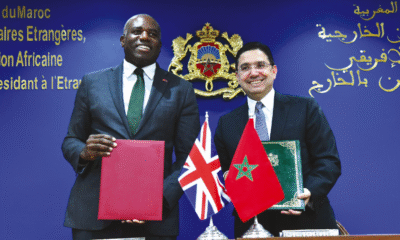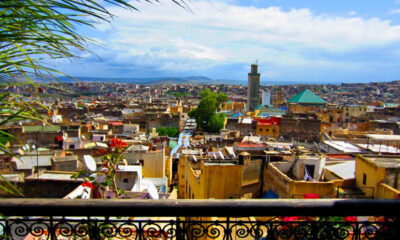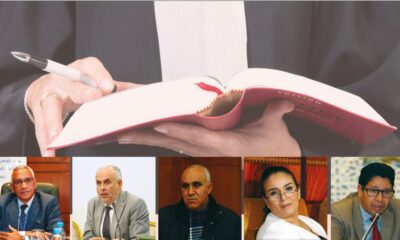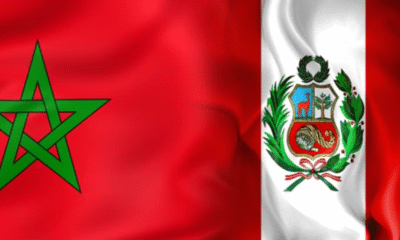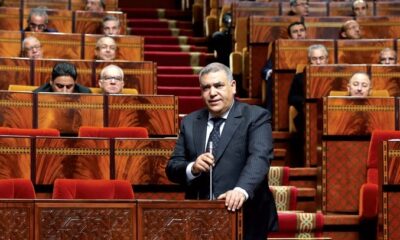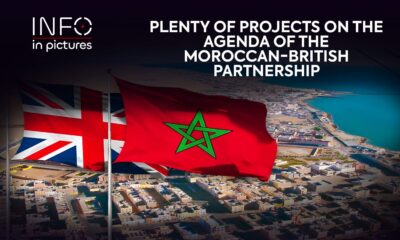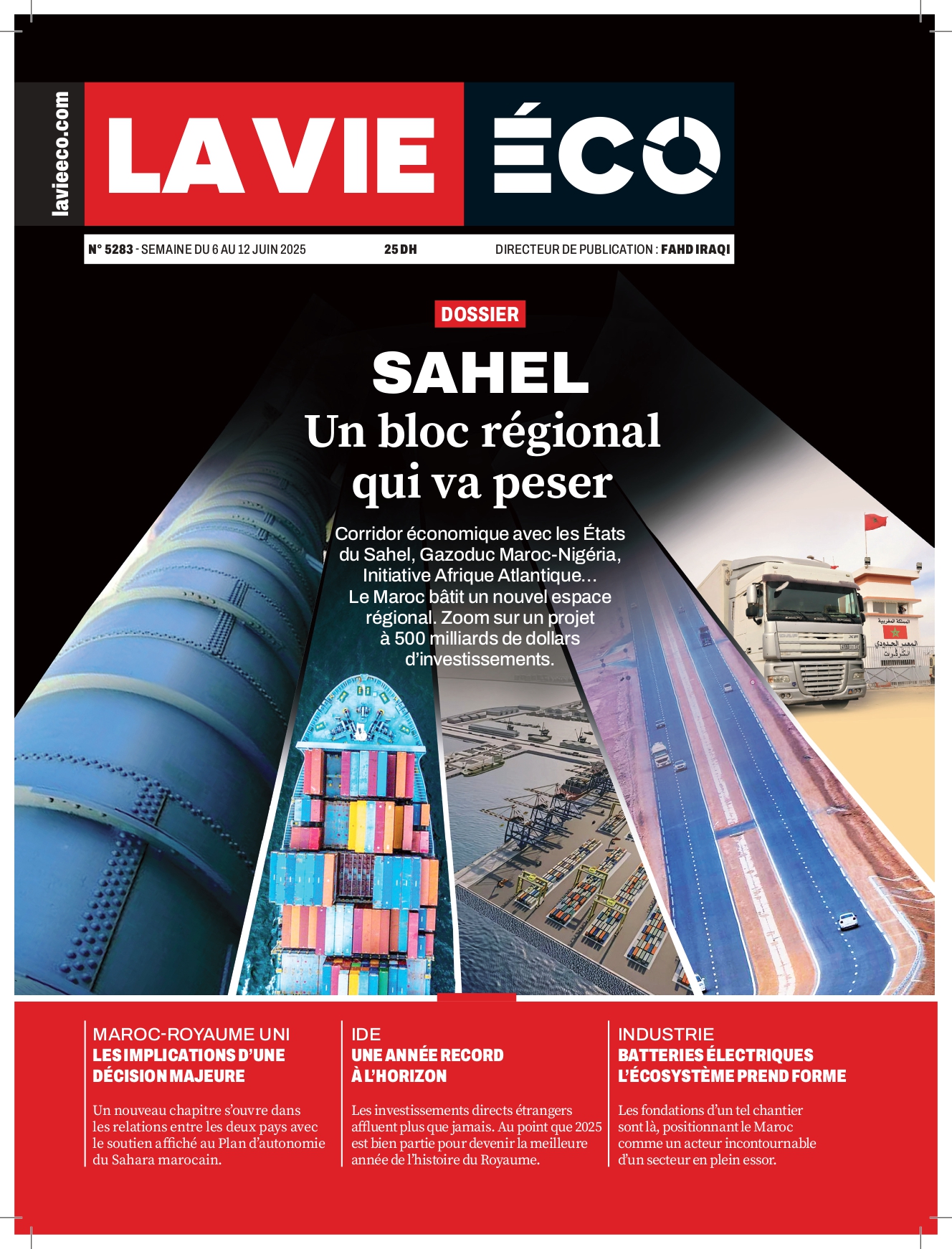Business
Critical and Strategic Minerals: Can the Kingdom Aspire to Play in the Big Leagues?
A producer of certain metals and even critical minerals, Morocco is on track to become a consumer. The energy transition, the automotive, defense, rail and even naval industries are sectors that depend on it. Does the country have the means to match its ambitions?
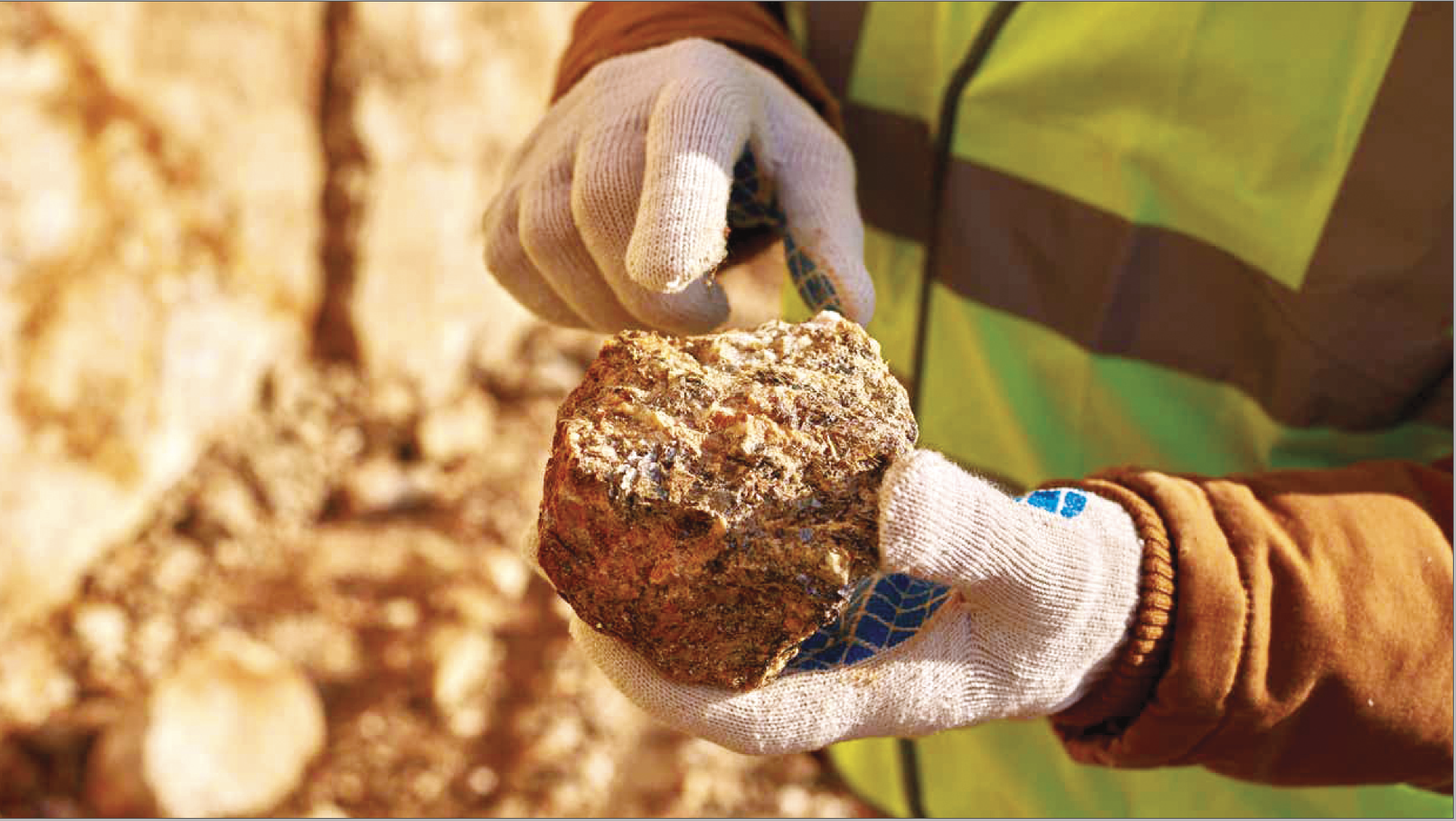
Individually, certain events and announcements that have taken place since the beginning of the year may not mean much. However, taken together, they point to a new trend that has been taking shape since the health crisis: major players in the global economy are advancing their pawns, and so-called marginal countries are finding themselves increasingly pushed to the forefront.
Morocco is one of these countries. Let’s go back to the facts. On January 12, more than 85 countries, including Morocco, met in Riyadh, Saudi Arabia, to lead global action on minerals, especially critical metals, at the fourth Future Minerals Forum.
A month earlier, on December 3, China announced that it would ban “with immediate effect” exports of “dual-use goods” containing gallium, germanium or antimony, and superhard materials to the United States. On December 11, the United States increased tariffs on new products imported from China, including components essential for solar panels.
This new increase reinforces the sharp tariff increases on certain Chinese products announced in May, targeting key sectors such as electric vehicles, semiconductors, batteries, and solar cells. The return of the Trump Administration, which took office on January 20, could lead to a further escalation of tensions between the world’s two largest economies.
Beyond potential tensions in the market in terms of supply and outlets at the international level, the Kingdom faces a real challenge. It has just laid the foundations for an ambitious electric mobility industry, with the manufacture of battery components, which is in addition to an already flourishing electronics components industry.
It has also just laid the foundations for its military industry as well as a new renewable energy ecosystem with colossal investments in the energy transport and storage sector. The explosion of digital technologies with the deployment of 5G, IoT, AI and large infrastructures, such as data centers…, all this accentuates the Kingdom’s needs for certain so-called critical metals.
The needs of its existing industry, particularly in the fertilizer sector, but also the automotive industry, or projected industries such as the naval industry, require it to put in place a strategy for the supply and production of the necessary minerals considered strategic.
It is clear that, like other countries, and as noted by the Economic, Social and Environmental Council in a study devoted to the sector, published in 2022, the pressure on these strategic resources is pushing towards the implementation of strategies to secure their supply and, consequently, to ensure a positioning in global value chains.
The leverage of partnership
The Kingdom, in addition to its own resources, could benefit from the hundreds of agreements signed with African countries to secure its supplies. In this sense, Managem has already paved the way. Exploration carried out over the past ten years by its expert geologists in the DRC, where it operates in the Pumpi mining project, has led to the discovery of significant cobalt and copper mineral resources.
In Guinea, where the group holds a gold exploration license covering 473 km2, it could potentially extend its activities to bauxite (aluminum ore) of which it holds world-class reserves. Mali (lithium) or Burkina Faso (lithium, cobalt…), with their significant unexploited reserves, could also be relays for the Kingdom.
It is logical, and even obvious, that the lithium extracted by a Chinese company in Mali, in the country’s first mine inaugurated on December 15, directly supplies the battery manufacturing plants installed in Morocco.
This is one example, but it shows the potential of Morocco’s cooperation policy, based on regional integration in Africa and the principle of win-win, not only to consolidate supply chains for the needs of its economy, but also the role it can play in the framework of triangular cooperation, particularly through the Sahel-Atlantic Initiative, which also includes Mauritania, Chad and Niger, all countries with strong potential in this field.
It just so happens that this zone is currently experiencing profound changes that will lead to a new regional order that will only strengthen Morocco’s role in the economy of this region, and more particularly in this very sensitive sector of critical and strategic minerals, and beyond that, clean energy.
At the same time, the Kingdom has undertaken, through ONHYM, since 2008, a vast prospecting program, particularly in the southern provinces, which concerns, in addition to precious metals, gold and silver, critical metals and rare earths. Currently, some twenty projects, initiated in 2024, are underway, including four in the southern provinces.
More than half are carried out solo by the Office. The rest is in partnership with partners, mainly Managem. While the Office speaks of “strategic substances”, without specifying the exact nature of the minerals being explored, we can already get an idea of the target minerals and whose presence has been approved during previous campaigns.
As this is both a strategic industry, on which the Kingdom’s industrial and food sovereignty depends, and a highly capital-intensive one, it’s only natural that the Kingdom should be able to rely on national champions: OCP for phosphates and potash, and Managem for critical metals.
Furthermore, its positioning at the African level already places it at the forefront of metal refining, simply because this industry will generate added value locally on the continent. Once again, Morocco’s “win-win” policy and its initiatives for the integration of the African economy mean that this approach could benefit both producing countries and the Kingdom.

